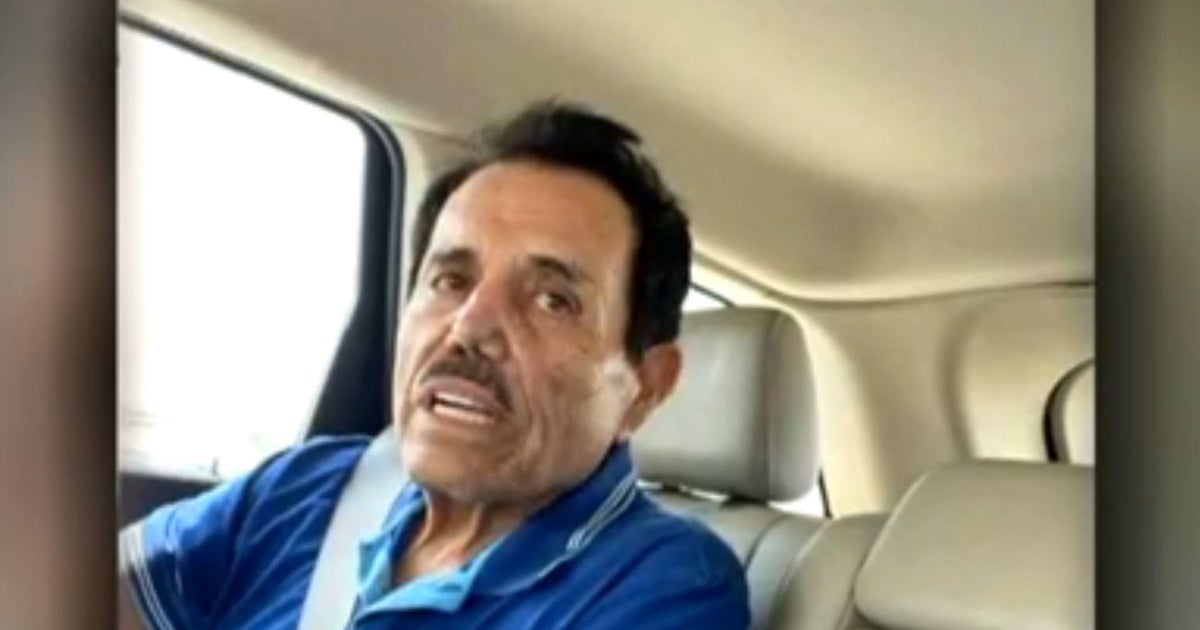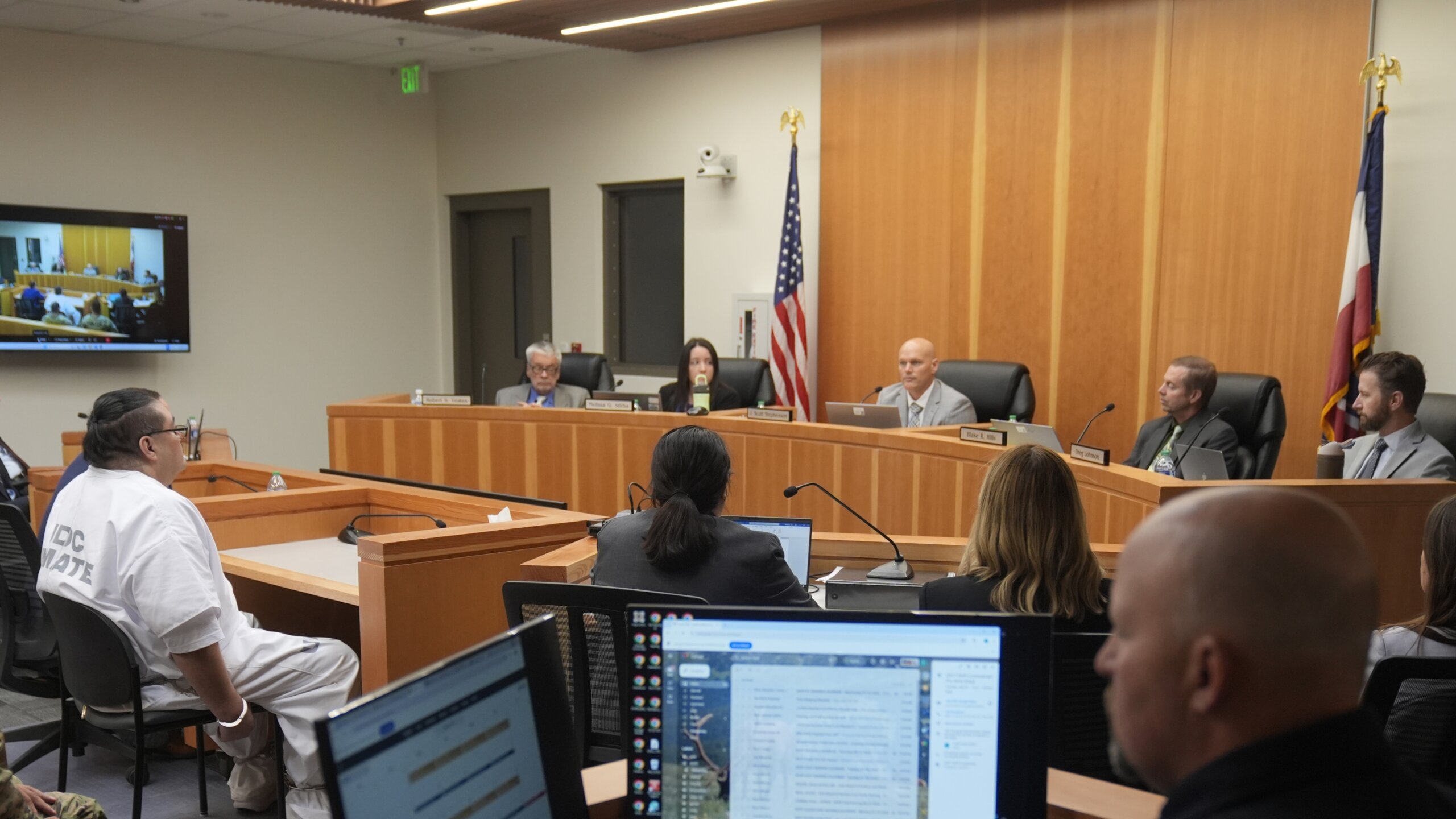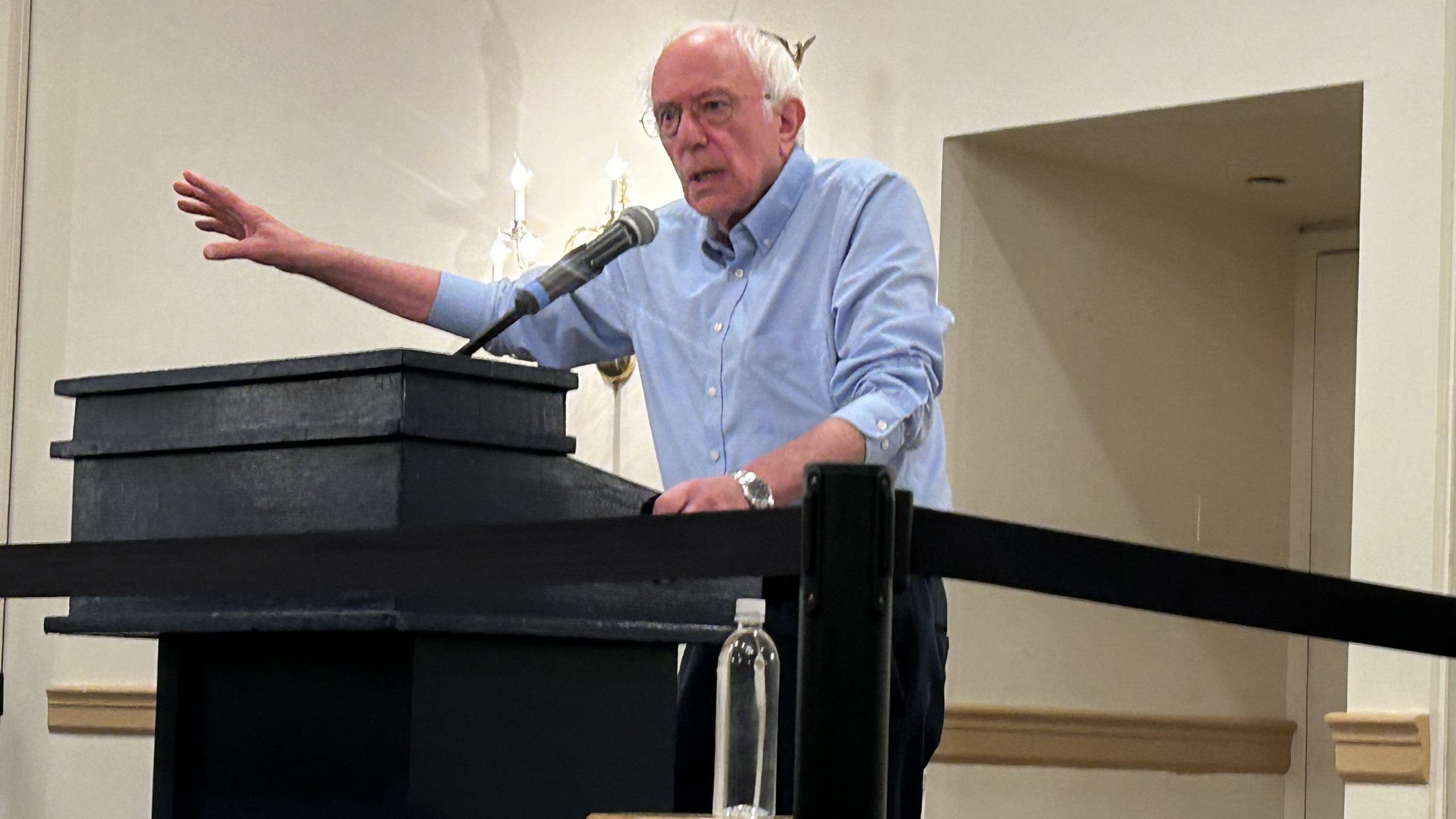Here’s the vote total. She got more votes than the 3 others combined. #akleg https://t.co/FJuhZqqAd0 pic.twitter.com/cOHDugNi2h
— The Alaska Landmine (@alaskalandmine) April 20, 2024
Alaska
The Sunday Minefield – April 21, 2024
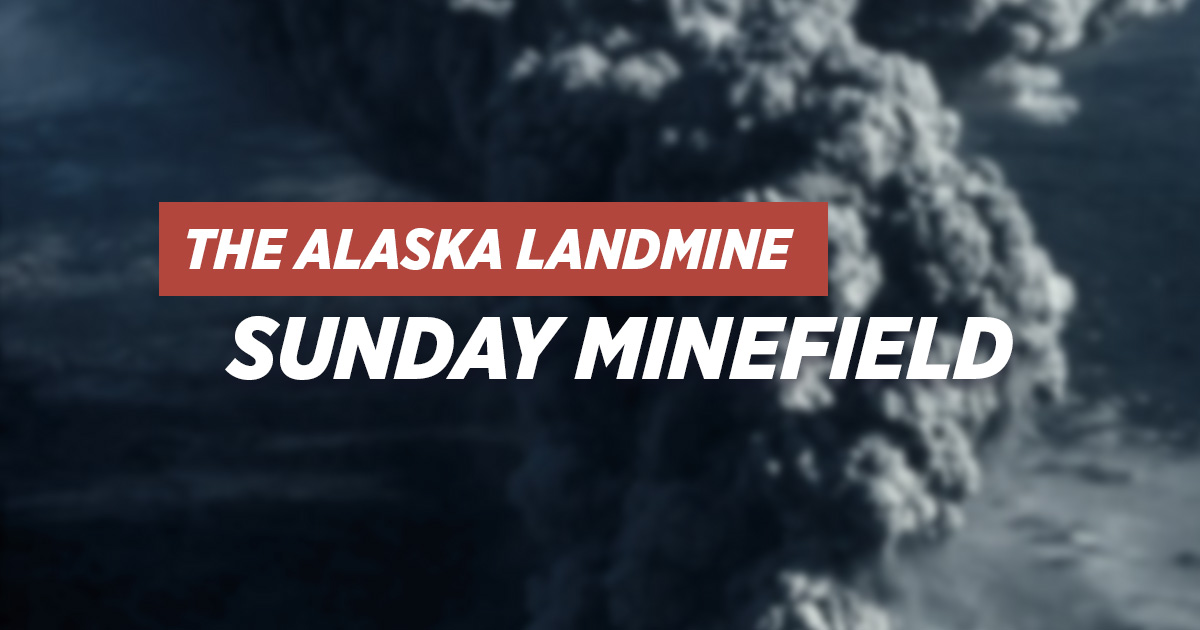
We are almost to day 100 of session, meaning just over three weeks remains until the constitutional session limit of 121 days. There is still a lot remaining to do including the budget, education, and energy. Don’t hold your breath that anything significant will happen on education or energy. The Senate Finance Committee rolled out their committee substitute for the operating budget this week. The House Resources Committee held an explosive hearing where managers from a small oil company attacked Shell and Department of Natural Resources Commissioner John Boyle. And the Alaska Republican Party held their convention this weekend in Anchorage at the Captain Cook. They elected Carmela Warfield as their new chair.
A friendly message and reminder to all our readers. The Landmine is made possible by myself and a team of awesome Alaskans. I am back in Juneau for my sixth session in a row reporting on the Legislature. If you enjoy the content we provide, please consider making a one time or recurring monthly donation. You can click here to donate. We have a donation system that makes it super easy. We would really appreciate it. And thanks to everyone who has been supportive!
Session End Approaching
Just 24 days remain until the constitutional session limit. The House and Senate did manage to meet their agreed upon deadline last week to exchange budgets. But the budget is just one part of the adjournment package. Various energy and education priorities are being floating around, but there is still no clear alignment between the House and Senate on them. And Governor Mike Dunleavy (R – Alaska) has essentially been checked out.
A problem with the budget could arise in the House. The Senate already cut the dividend down to approximately $1,500 when you factor in the surplus “energy rebate” that was put in place last year if oil prices remain high. That’s a $750 reduction from the House number. If the dividend number that comes out of a conference committee is not acceptable to the mega PFD members of the House majority, the majority will need minority votes to get to 21 to pass the budget. The House majority has 23 members, meaning they can only lose two votes if the minority does not vote for the budget. The House majority has at least eight mega PFD folks.
The House minority will want something for their votes. Probably a guarantee of an education bill like SB 140 and funding to upgrade the railbelt intertie. Those things cost a lot. The good news is it’s the second session. So if some members of the House majority cut a deal with the House minority and the Senate, things probably won’t get too loose because it’s an election year. There will be a new Legislature come January.
The next few weeks will be interesting. The Senate majority is a fine-tuned machine, so they will be taking the lead on the budget. If things do fall apart, they have the option to extend for 10 days. But the will to stick around does not seem to be there, at least now. The weather has been great and everyone wants to get out of town. It’s also an election year so members want to go home and campaign.
No consensus on energy reforms as legislative session nears end
The following is an excerpt from this week’s edition of the Alaska Political Report. You can click here for more information about the Political Report. A subscription is $1,299/year per organization. Discounted pricing is available for non-profits and government entities. Our coverage of the budget starts with the governor’s proposed budget, and we track everything in detail through the entire process. If you have any questions or would like to subscribe, please email jeff@akpoliticalreport.com.
Even as Southcentral nearly experienced a gas supply crisis, and with a huge number of bills circulating in Juneau, no consensus has emerged around the reforms lawmakers are considering. In January, this session was billed by legislative leaders and GOP Gov. Mike Dunleavy as an energy and education session. But with just under a month to go before the constitutional session limit, the Legislature has yet to pass any major energy legislation.
Transmission, natural gas subsidies and storage in Cook Inlet, and renewables are all on the table. But whatever lawmakers end up passing is still far from clear.
In early February, a long cold snap stressed the power grid in Southcentral due to a natural gas distribution problem. This was primarily caused by an issue with some of Enstar’s storage wells in the Cook Inlet Natural Gas Storage Alaska (CINGSA). Declining gas supply and production in the Cook Inlet means importing LNG is likely in the years to come.
Multiple proposals are floating around the House and Senate, including royalty relief and gas storage in Cook Inlet, a railbelt transmission organization, and funding for modernizing the railbelt energy grid.
The Political Report sat down with Fairbanks Republican Sen. Click Bishop, the co-chair of the Senate Resources Committee, and Anchorage Republican Rep. Tom McKay, the chair of the House Resources Committee, to talk about their energy priorities and get their thoughts on what might happen this session.
Bishop’s priorities are focused on the railbelt. Gov. Dunleavy introduced legislation in February that aims to increase efficiency and lower power costs in the railbelt. Bishop referenced a trip legislators took to Iceland last year. He said after Iceland formed the equivalent of a railbelt transmission organization (RTO) between their utilities, they saw an improvement. But Dunleavy’s bills have yet to see traction in either body.
Bishop also emphasized the importance of funding the Grid Resilience and Innovation Partnership (GRIP) with the federal government. This project, which in total would cost the state more than $200 million (with the same amount in federal match) would upgrade the intertie between the railbelt utilities, providing redundancy and allowing more power to be moved.
Bishop acknowledged the need for increased gas storage in Cook Inlet and also the potential for royalty relief. There are two gas storage bills, Senate Bill 220 and House Bill 394. HB 394, a bill by McKay’s House Resources Committee, is likely to be the vehicle for gas storage in Cook Inlet. Bishop said the Senate is waiting for the House to send them Cook Inlet legislation.
There are also several royalty relief bills floating around. But Sitka Republican Rep. Bert Stedman, co-chair of the Senate Finance Committee, told the Political Report that he does not see any kind of Cook Inlet royalty relief passing the Legislature until they get proper input from their oil and gas consultant, GaffneyCline. It is not clear if that information will be provided in time for lawmakers to act before the end of session.
McKay is much more concerned with Cook Inlet. He wants to see increased gas storage and royalty relief. He acknowledged the benefit of upgrading the railbelt, but his clear priority is Cook Inlet. McKay said he is not interested in tapping the treasury – what occurred a decade ago when the Legislature approved cash credits for Cook Inlet – but instead, through royalty reduction, he believes more gas will be produced.
McKay told the Political Report, “My agenda to address our energy needs is natural gas from Cook Inlet in the short-term and a gas pipeline from the North Slope in the long-term.”
Any energy legislation that passes the Legislature will likely be part of an adjournment package as only 27 days remain in session. And after the Superior Court ruling ruling on the correspondence program last week, education is sure to take up a lot of time in the final weeks of session. The House and Senate have different energy priorities, and Gov. Dunleavy has not made any public statements on energy in several weeks.
Early on in session, there was agreement between both bodies and Dunleavy that Alaska is facing an energy crisis. But so far, no meaningful action has been taken. The Legislature has the ability to extend 10 days or call a special session. But it’s an election year and legislators want to get home. Bills need to start moving quickly in order to pass before the end of session. We are watching closely and will provide updates in the weeks to come.
Other Happenings
If you have not seen the debate I hosted on Friday between John Sims, president of Enstar Natural Gas, and Brad Keithley, managing director of Alaskans for Sustainable Budgets, on the natural gas supply issue in Southcentral, you can check it out here.
The Alaska Republican Party held their biennial convention this weekend in Anchorage. Carmela Warfield was overwhelmingly elected as the new chair, getting more votes than the other three candidates combined. Congrats to her! And good riddance to Ann Brown, an extremely dishonest and nasty person. I stopped by for a bit yesterday to check it out. Several Republican legislators were in attendance. But my big takeaway was that many of the attendees are living in the past. The biggest and best thing the single primary and ranked choice voting did was diminish the role of the already waning political parties. But a lot of the people in both parties have failed to grasp that. These party types should familiarize themselves with the term “adapt or die.”
A House Resources Committee hearing on Monday (4/15/2024) got explosive when two representatives from the independent oil company Narwhal gave a presentation on oil leases they hold in West Harrison Bay. The West Harrison Bay Unit (WHBU) is currently controlled by Shell, but Narwhal holds adjacent leases. Check out this Landmine article to read about what happened.
Check this out. The plaintiffs in the Texas lawsuit against Furie, owned by John Hendrix, sent letters to Governor Dunleavy, Senator Cathy Giessel (R – Anchorage), Senator Jesse Bjorkman (R – Nikiski), and former Governor Bill Walker requesting their depositions and asking they preserve any correspondence related to the matter. The chickens are coming home to roost for John Hendrix.
Representative Andi Story (D – Juneau) filed a letter of intent for re-election this week. No one else has filed for the seat yet. The filing deadline to run for office is June 1.
Juneau Rep. Andi Story (D) filed a letter of intent for re-election. #akleg pic.twitter.com/ygd1Tz48x4
— The Alaska Landmine (@alaskalandmine) April 22, 2024
Representative Mike Prax (R – North Pole) picked up an opponent this week, North Pole Mayor Michael Welch. Prax was unopposed the last two cycles. Sources say Welch is running because Prax won’t request money for capital projects for the district.
North Pole Mayor Michael Welch, a registered nonpartisan, filed a letter of intent to challenge Rep. Mike Prax (R). Prax has been unopposed the last few cycles. #akleg pic.twitter.com/9NHIXhtJVu
— The Alaska Landmine (@alaskalandmine) April 22, 2024
There has been a lot of chatter thar former Republican Representative David Nelson is going to challenge Representative Cliff Groh (D – Anchorage). Groh beat Nelson in 2022 by 3.8 points. But that district includes JBER and it’s a presidential election year, meaning turnout will be higher. Turnout in that district was only 18.7% in 2022. If Nelson runs, that will be a race to watch.

This Week’s Loose Unit
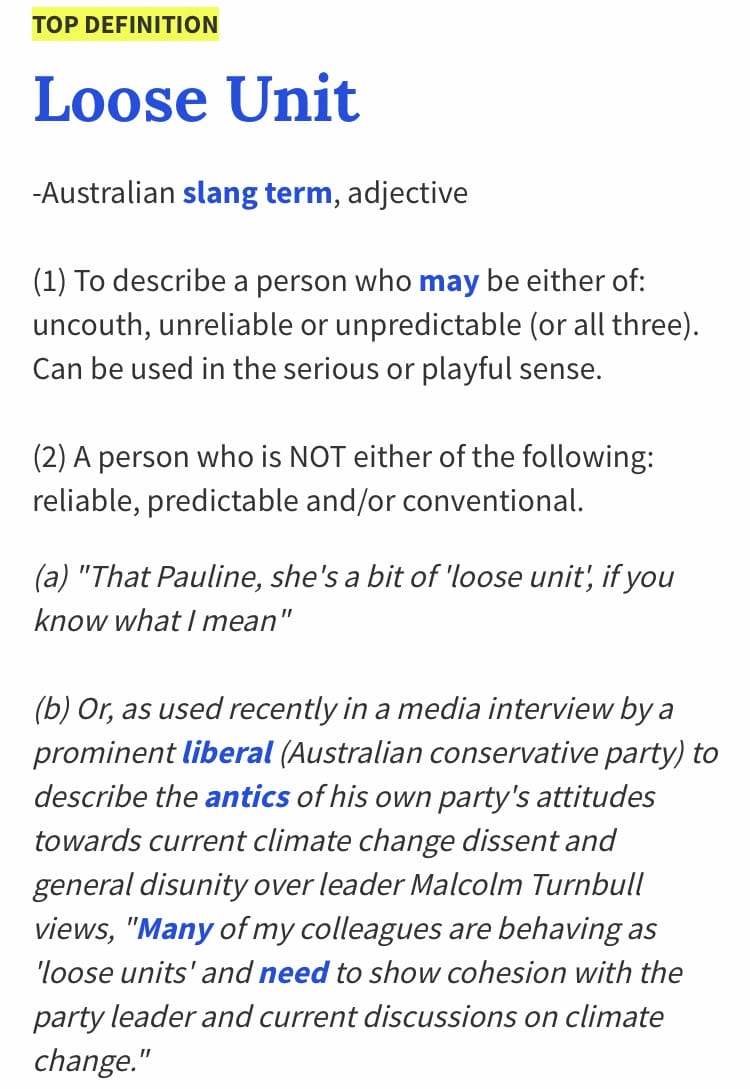

There were plenty of good candidates in Juneau this week. But a weekend trip home made this week’s designee clear. This week’s Loose Unit is Anchorage. I got back on Thursday night and right away noticed the sheer amount of trash on the roads. Ok, it’s break up and this normal, I thought to myself. But the squalor I noticed this weekend was just fucking depressing. In addition to the large amount of garbage all over town, there are tents all over the place, homeless people congregating and sleeping all in public spaces, abandoned vehicles in parking lots, and just a general feeling of decay.
I went to Barnes and Noble this evening. I discovered an old Ford Expedition in the parking lot that looked like something out of Sarajevo in the 1990s. One commenter on the Facebook post said it’s been there for weeks. And one reported another abandoned and stripped vehicle in the Applebee’s parking lot, just down the road.
Just sitting in the Barnes and Noble parking lot. What the hell happened to Anchorage? pic.twitter.com/xQUDKIiNvd
— The Alaska Landmine (@alaskalandmine) April 22, 2024
If you drive around Anchorage, especially Midtown, you will encounter tents all over. It’s only April. Just think how much worse it’s going to get. There’s also that large encampment at Cuddy Park. In addition to the homelessness, Anchorage just feels like a city in decline. I was driving down Lake Otis yesterday and saw several properties that were being used as storage for old cars and RVs. It looked horrible.
I remember when I moved to Anchorage in 2004. The city was clean and it felt thriving. The last decade has been a steady decline. And no one seems to want to fix it. Sure, we all talk about it. But the problems just worsen. Old roofs have been collapsing. We can’t seem to figure out how to plow the roads. Housing prices are continually rising because we can’t build more homes, which leads to people leaving and/or not moving here. The whole situation is depressing. We have to fix this town.
If you have a nomination for this week’s Loose Unit, or if you have any political news, stories or gossip (or any old pics of politicians or public officials) please email me at jeff@alaskalandmine.com.

Alaska
Troopers responding to reported gunfire in Southwest Alaska village find a house fire and human remains
:quality(70)/cloudfront-us-east-1.images.arcpublishing.com/adn/B4HY456RDFCC7NNPF7EGXSCF5E.jpg)
Updated: 1 hour ago Published: 2 hours ago
Alaska State Troopers who were called to the village of Aniak on Thursday for reports of gunfire found a home engulfed by flames and later found human remains inside, they said.
Several people in the village had reported hearing random gunshots, although there were no reports of threats or anyone being shot at, said troopers spokesman Austin McDaniel. Aniak-based troopers and wildlife troopers were patrolling the village near the slough around 11:30 a.m. to try to find the source of the sporadic gunfire when they saw a house fully engulfed by flames, McDaniel said.
They worked with community members to suppress the fire, and later the remains of the homeowner were found inside, troopers said.
During the investigation, troopers identified the homeowner as the person suspected to be firing a gun, McDaniel said. The remains will be sent to the State Medical Examiner Office for an autopsy to determine the cause of death, McDaniel said.
The State Fire Marshal’s Office will investigate the cause and origin of the fire.
Aniak is situated along the Kuskokwim River roughly 90 air miles northeast of Bethel.
This is a developing story and will be updated as more information becomes available.
Alaska
I've lived in Alaska for over 35 years. Here are 6 mistakes I always see tourists make when visiting the state.
Tourism is an important part of life in Alaska. In fact, last year, tourism brought in nearly $158 million in revenue for the state.
As someone who’s lived in Alaska for over 35 years, it’s easy to see why tourists love traveling here. From the beautiful national parks to opportunities to see the northern lights, Alaska has something for everyone.
However, every year, I see many visitors make the same mistakes over and over. From expecting to drive everywhere to forgetting that some activities are seasonal, these are the six most common mistakes I’ve seen tourists make when visiting my home state.
Thinking Alaska is small and drivable
Lisa Maloney
I’m always surprised by how many visitors think Alaska is small — but I guess if you’re used to seeing us tucked into a map inset right next to Hawaii, that makes sense.
In truth, Alaska is so big that if you split it into two states, both halves would be bigger than Texas. You can easily spend four to six hours — or more — just driving from one large community to the next.
However, Alaska has a shockingly limited road network for such a huge state. If we say a community is “off the road system,” it means you can’t drive there. Instead, you’ll have to catch a plane or, in some limited cases, a boat to get there.
Not learning the local vocabulary
In Alaska, we have lots of local lingo that can be helpful to know. For example, if someone says they’re going outside, they’re not just leaving the building — they’re leaving the state. To us, outside means anywhere that’s not Alaska.
Another thing to remember is that we don’t typically use road numbers for our highways (no matter what your GPS tries to tell you). Instead, we use the names of highways.
Forgetting that some attractions and activities are seasonal
biletskiyevgeniy.com/Shutterstock
Here in Alaska, some of our biggest attractions are only available for a few months of the year.
Two big ones to keep in mind are bear viewing season, which typically peaks with the salmon runs in July and August, and aurora viewing season, which runs from roughly late August to late April.
Missing out on Alaska Native culture
The umbrella term for Alaska’s Indigenous people is Alaska Native. Most towns have at least one cultural center where visitors can learn about the Alaska Native traditions in that region.
These facilities are part visitor center and part museum, and offer a celebration of Native traditions and culture. I always recommend that tourists take the time to explore these centers.
Expecting the wildlife — or the weather — to be predictable
Lisa Maloney
Every year, Alaska tour guides field sincere questions like “When are the moose scheduled to show up?” That makes perfect sense in a controlled environment like a zoo, but Alaska’s wildlife are … well, wild … and come and go whenever they like.
Our weather does pretty much the same thing, so if you’re determined to hide inside until the rain and wind stop or the sun comes out, you’ll miss out on a lot.
Dressing in layers can help visitors stay comfortable, no matter what the weather is doing. I recommend lighter layers in the summer and heavier layers in winter, but some sort of weatherproof outer layer is always a must.
Trying to do too much in one trip
When traveling to a new location, there’s a lot of pressure to visit as many destinations as possible. But if you never take a minute to enjoy just being here, you’re missing out on a big chunk of the Alaska experience.
Plus, having a little flex time in your schedule helps to accommodate inevitable weather days when excessive wind, rain, or rough seas keep you from doing planned activities. I recommend giving yourself two or three days in a community before moving on.
Alaska
China, Russia bombers enter Alaska, Hong Kong’s MTR upgrades: 7 highlights

2. Chinese-born scientist in US tells of fear caused by Trump-era convictions
University of Kansas academic Franklin Tao speaks of charges amid the China Initiative, “losing almost everything” and a bittersweet victory.
3. Hong Kong’s MTR Corp to offer free buses, deploy 1,000 staff for July 28 works
Trains will not stop at Prince Edward, Mong Kok, Yau Ma Tei and Ho Man Tin stations on the Kwun Tong line as the MTR Corp carries out unprecedented upgrades.
4. China 1 step closer to putting person on moon as rocket engine passes test
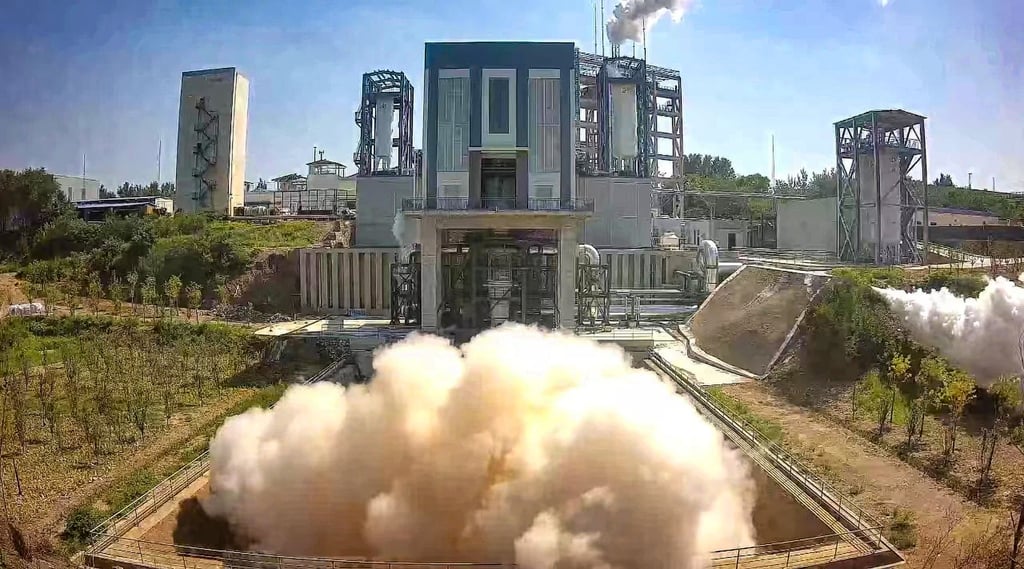
China has successfully tested the third-stage engine of its Long March-10 moon rocket, moving one step closer towards putting Chinese astronauts on the lunar surface before 2030.
5. More fake birth certificates fuel Philippines’ fears of Chinese infiltration
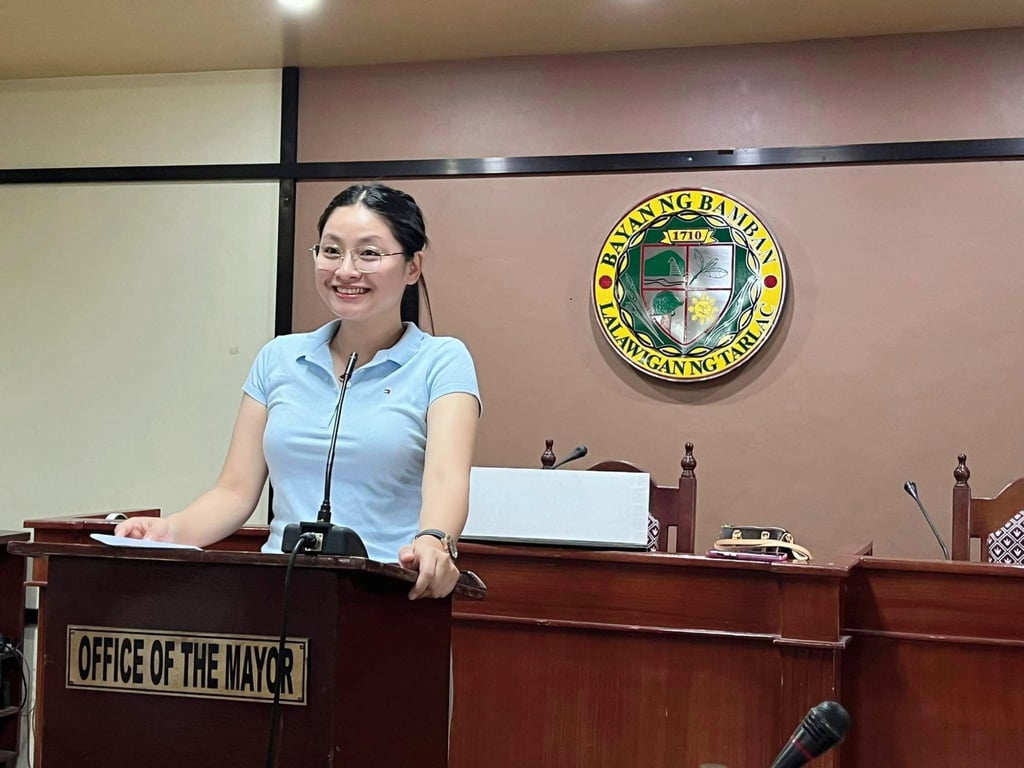
The case of Alice Guo, a fugitive mayor accused of being a Chinese spy, has exposed numerous vulnerabilities to foreign actors in the country’s legal and administrative systems, observers warn.
6. Liu Ma Kee tofu debacle: what products can claim the ‘Made in Hong Kong’ label?
A century-old fermented tofu business that imported bean curd from mainland China while saying its products were local has raised concerns about labelling products as Hong Kong made.
7. ‘Miserable’ Japan man eats rice in cold water for 21 years in hope of retiring early

A Japanese man who lived an extremely frugal life for 21 years because he wanted to save 100 million yen (US$640,000) to retire early has shocked internet users in China.
-

 World1 week ago
World1 week agoOne dead after car crashes into restaurant in Paris
-

 Midwest1 week ago
Midwest1 week agoMichigan rep posts video response to Stephen Colbert's joke about his RNC speech: 'Touché'
-

 News1 week ago
News1 week agoVideo: Young Republicans on Why Their Party Isn’t Reaching Gen Z (And What They Can Do About It)
-

 News1 week ago
News1 week agoIn Milwaukee, Black Voters Struggle to Find a Home With Either Party
-

 Politics1 week ago
Politics1 week agoFox News Politics: The Call is Coming from Inside the House
-

 News1 week ago
News1 week agoVideo: J.D. Vance Accepts Vice-Presidential Nomination
-

 Movie Reviews1 week ago
Movie Reviews1 week agoMovie Review: A new generation drives into the storm in rousing ‘Twisters’
-

 World1 week ago
World1 week agoTrump to take RNC stage for first speech since assassination attempt

